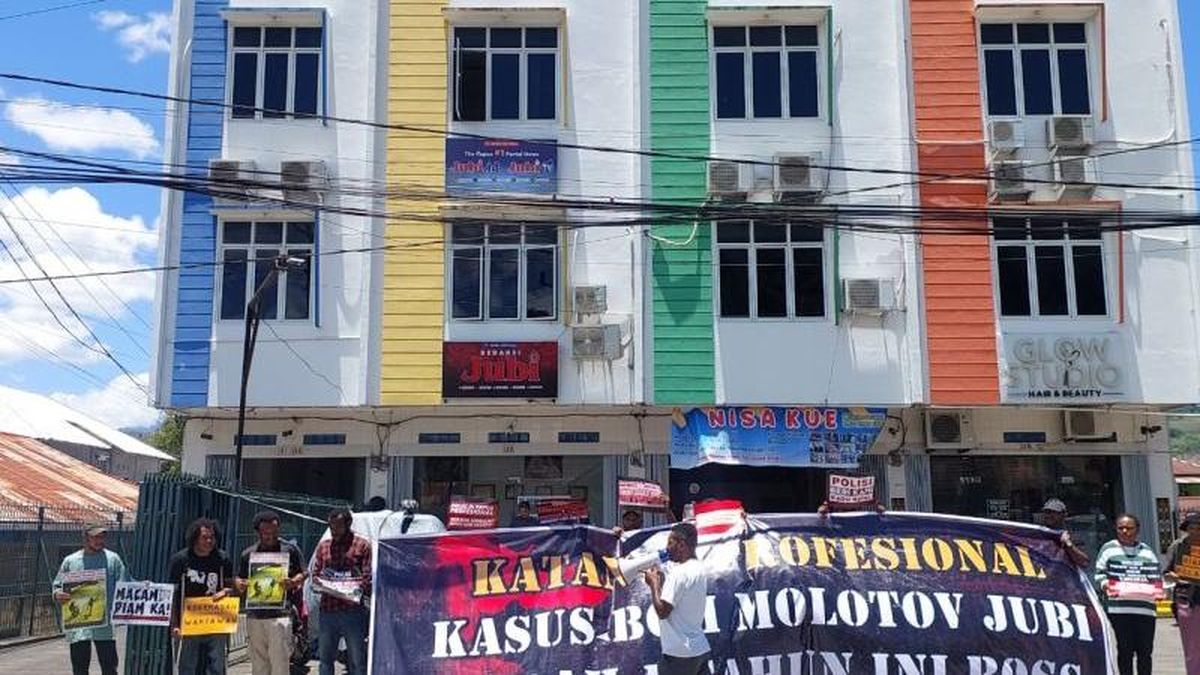Picture a vegetable farm and chances are you see boundless crops in even more boundless paddocks. Giant sprinklers, heavy-duty tractors and automated harvesters may come to mind.
What you are probably not envisaging is an intensively cultivated pocket of land in a residential suburb of Sydney or Melbourne. Commercial-size crops of coriander, kale and broad beans don’t typically butt up against houses, schools and hospitals.

Charlotte Bartlett-Wynne and Eve Fraser at the Farm Raiser urban farm in Bellfield.Credit: Chris Hopkins
Yet that is exactly the sort of arrangement springing up in Australian cities in recent years. Often located in high-density locales, the built-up surroundings of these farms belie their wide-open approach.
Urban agriculture isn’t only about cultivating food but about connecting people with opportunities, too. Programs around volunteering, education, food relief and horticultural therapy are a central part of them.

The bountiful farm is nestled into a Melbourne suburb.Credit: Chris Hopkins
While large-scale agriculture can seem abstract and remote, these smaller endeavours are working to reintegrate food production into our daily lives. They are changing our notions of what a farm can be.
When I visit the Farm Raiser urban farm in the Melbourne suburb of Bellfield on a recent Friday, about 30 volunteers and the site’s two co-managers are taking a break over pastries and popcorn. The rakes and hoes, shovels and forks piled up alongside them hint at all the weeding, planting and mulching that has been going on.
The farm’s double gates are wide open and other visitors are drifting in to buy herbs, leafy greens, bunches of ranunculus, basil seedlings and more at the farm shop. Some of the customers stop to speak to some of the volunteers. They talk plants, but they talk other things, too.

The Bellfield urban farm is about fostering community as well as cultivating food, say Charlotte Bartlett-Wynne and Eve Fraser, pictured with staff member Sasha Aarons (right). Credit: Photograph by Chris Hopkins
The co-managers, Charlotte Bartlett-Wynne and Eve Fraser, say the relationships being forged over the physical labour of growing food are one of the great things about this farm. “A lot of farmers experience isolation but this farm is part of the community,” Bartlett-Wynne says. “I think we are really lucky in that way.”
Loading
But they have worked at it. Farm Raiser is a not-for-profit social enterprise that has transformed a 7300-square metre patch of mown grass into a bountiful farm with strong ties to organisations providing a range of support services.
The first crops went in five years ago. Among the produce being harvested each week are hundreds of bunches of coriander, bags of leafy greens, masses of cabbages and flowers. Still in the polytunnel in which they have been raised from seed are tomatoes, cucumbers and many other summer herbs and vegetables. The first round of zucchinis has been transplanted outside, not far from an expansive bed of garlic entering its final stretch of growth.
Meanwhile, Pocket City Farms market garden in the inner-Sydney suburb of Camperdown has just run a fully booked school holiday program, teaching children to make seed bombs, recognise different bugs and care for chickens among other gardening-related activities.
This 1200-square metre growing space was established on a one-time bowling green in 2016. Growing food on this farm, like at Farm Raiser, is closely bound up with building community. This is a place of food relief projects and educational programs. Multiple volunteering sessions are held each week as community helps to propagate, plant, weed, make compost and generally grow “good, clean, local food” using organic principles. They also care for the farm’s three chickens.
Loading
Turmeric, baby blue popcorn, chicory and lemongrass are among crops being harvested but this social enterprise also encourages people to grow food at home “whether you’ve got a balcony, a backyard or just a few pots”.
So what can home gardeners take away from urban farms?
- Bartlett-Wynne says the best way to tackle pests is to increase the variety of what you are growing. By cultivating a mix of different vegetables, herbs and flowers, including cover crops, you can encourage more beneficial insects that provide natural pest control.
- Improve the microbial activity in your soil by adding organic matter, minimising tilling and keeping your soil covered.
- Avoid planting every seedling at once. Stagger your planting to avoid boom-and-bust cycles and harvest over a longer period of time.
- The more growing seasons you put in, the more you understand the needs of particular crops, and also the different microclimates within your garden.
- Volunteer at an urban farm, or even just visit one. The Farm Raiser urban farm in Bellfield is open with Open Gardens Victoria on Saturday, October 25, and Sunday, October 26, while there will be a 45-minute “Sustainability Farm Tour” at Pocket City Gardens in Camperdown (bookings essential) on Saturday, December 6.
Most Viewed in Lifestyle
Loading


















































